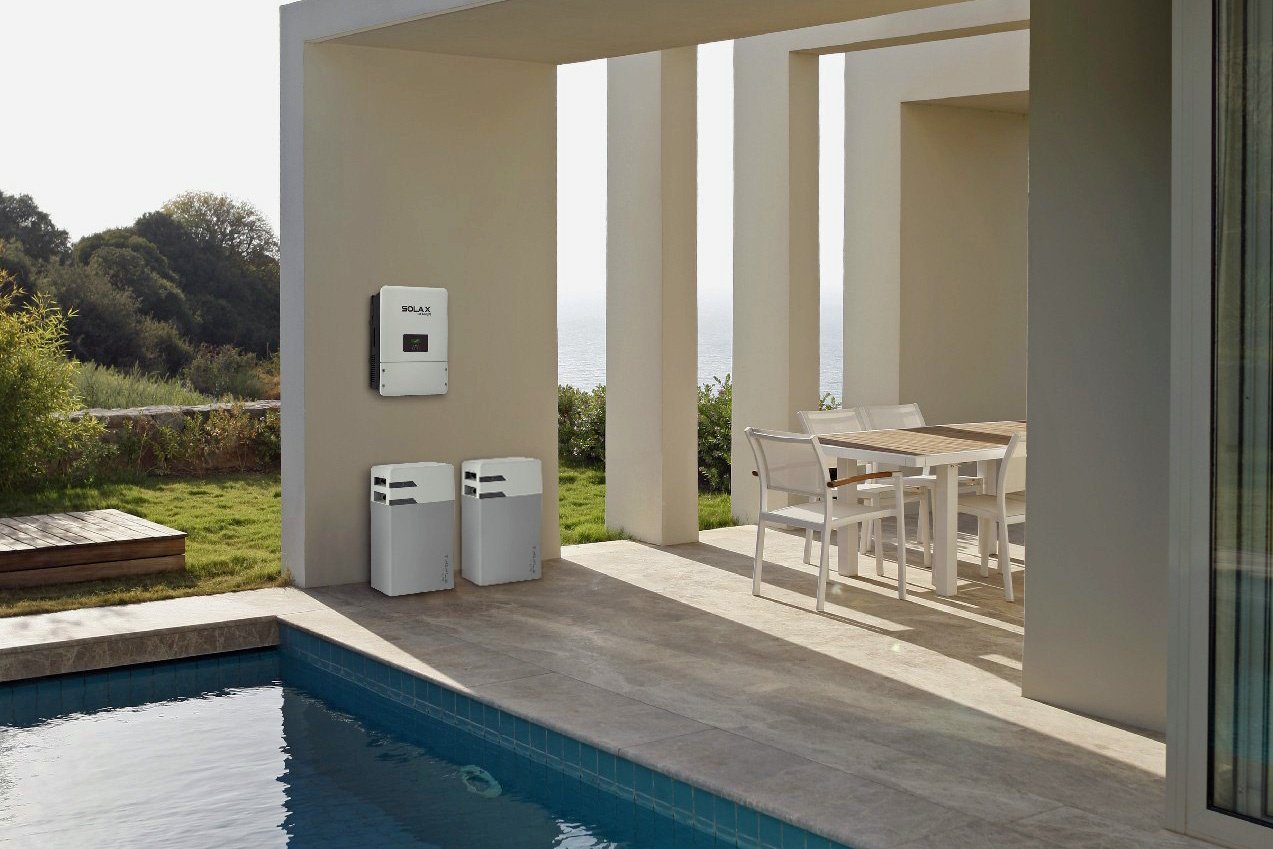In recent years, solar-energy sectors across the world have started to unveil battery-storage products that will enable homes and businesses to generate renewable energy 24/7.
Tesla’s monopoly on battery storage is coming to an end, with a slew of household providers hitting the market with affordable storage products (like Duracell, for example).
Across the world, numerous economies – each with different challenges and strengths – are coming up with new and innovative ways to shake up their solar energy markets. The ultimate goal, and that of the renewables sector in general, is for homes and businesses to be fully self-reliant.
 PowerBanx SX home battery from Fuel Included
PowerBanx SX home battery from Fuel Included
In the case of solar energy, that means never having to use excess energy from the National Grid once the sun goes down. Soon, this may well be a reality.
Demand for solar energy is on the rise
Solar growth is strong and continues to overshadow other renewable energy sources. In fact, the environmental law group ClientEarth recently commissioned a survey that reveals just how popular solar energy is, and how it has gone from strength to strength in both domestic and commercial spaces. The survey revealed the following:
71% of the general UK public would be interested in joining a community energy scheme (if they had more support and guidance from the government)
62% of the UK would be keen to have solar panels installed onto their properties (if they had more support and guidance from the government)
60% of the UK expresses interest in being fully self-sufficient with the help of battery storage (if they had more support and guidance from the government)
See a pattern forming? With the government’s help, it’s clear that more homeowners would switch to solar energy. Maybe there’s just not enough information going around, or maybe homeowners have become too reliant on traditional energy.
Whatever the reason, out of these three findings, battery storage is the most significant because it’s the only way in which we can be fully self-reliant and 100% carbon-free in our homes and in our businesses.
Battery storage is shaking up the solar energy sector on a worldwide scale. Here’s how.
What’s happening in the UK?
Come March 2019, the UK’s Feed-in Tariff – a scheme created to incentivise homeowners to switch to solar energy – will no longer apply to new solar users. The Feed-in Tariff was designed to give homeowners quarterly payments based on the green energy they have generated.
Those who signed up to the Feed-in Tariff before March 2019 will continue to receive payments, which is a silver lining for existing solar users. But with no initiative to encourage people to switch to solar as of March 2019, there’s no telling what effect it could have on the number of new installs in the future.
Read more: Blue and Green Tomorrow